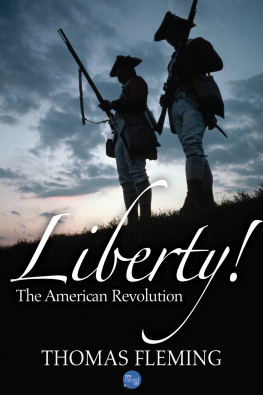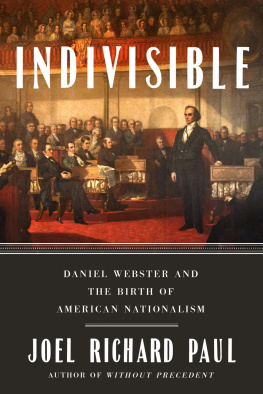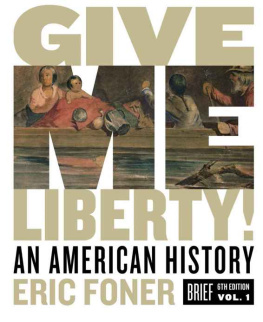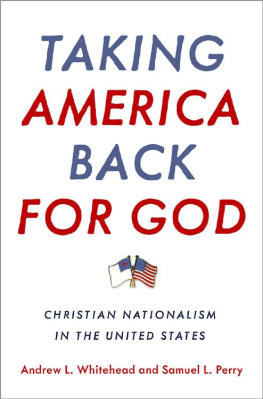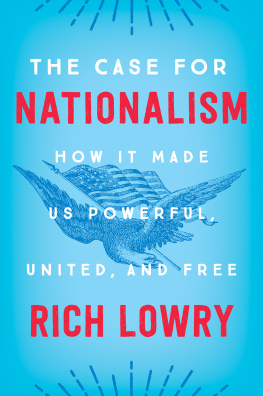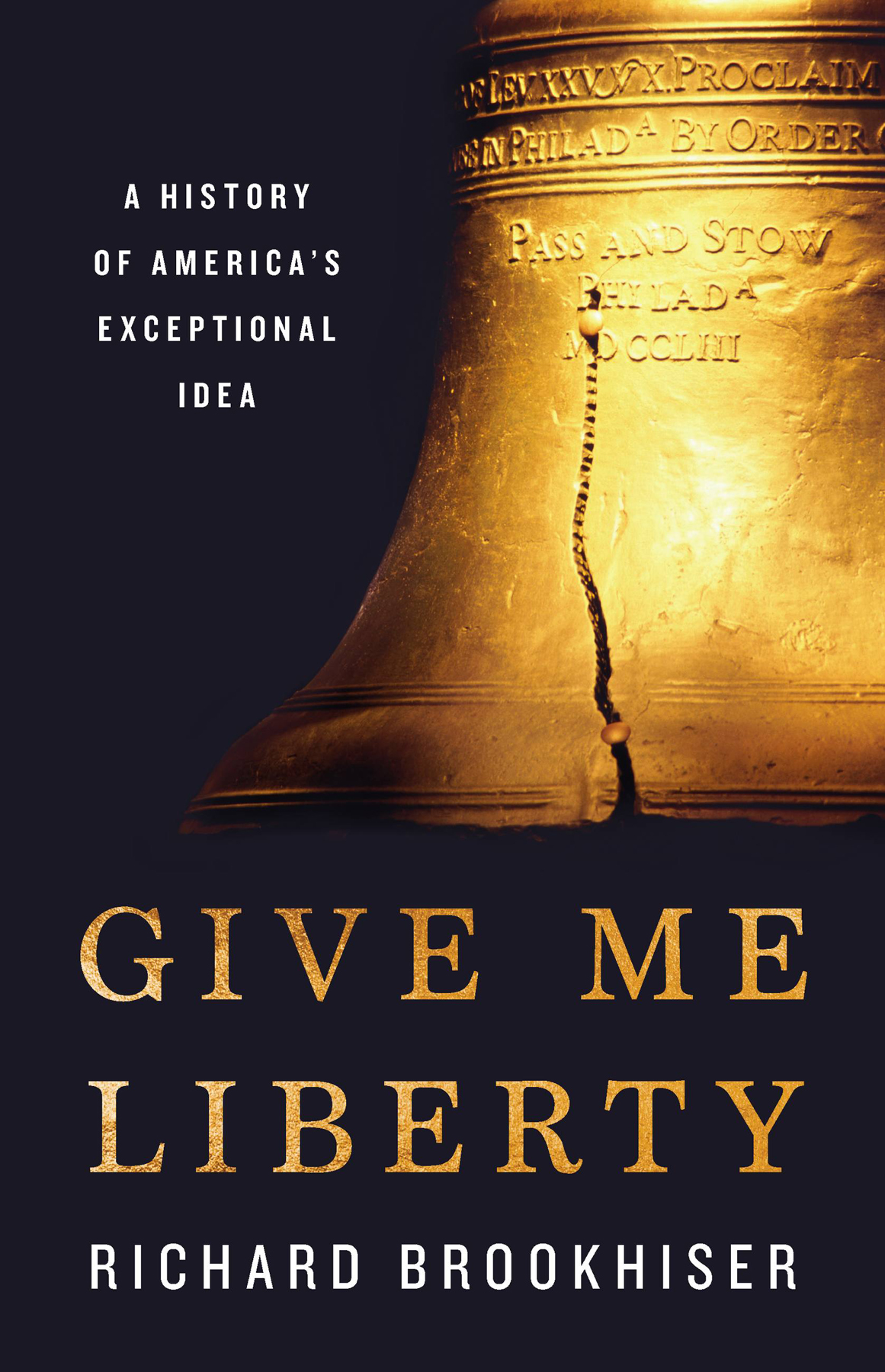N ATIONALISM IS ALL THE RAGE. I T IS TRUE IN THE worlds oldest democracies. Donald Trump has made securing Americas borders and protecting its industries top priorities. From this moment on, he said in his 2017 inaugural address, its going to be America first. Half a year earlier, Britain voted to leave the European Union.
It takes sinister forms elsewhere. Narendra Modi conflates Indian nationalism with Hinduism, to the consternation of Indias other religions. Vladimir Putin, Viktor Orban, and Recep Tayyip Erdogan invoke nationalism to make their countries one-party states. Xi Jinping invokes it to guarantee his own power for life. Aung San Suu Kyi, winner of the Nobel Peace Prize, invokes it to ethnically cleanse the Muslim minority of Myanmar.
The unique feature of Americas nationalism is its concern for liberty. We have been securing it, defining it, recovering it, and fighting for it for four hundred years. We have been doing it since we were a floundering settlement on a New World river, long before we were a country. We do it now on podiums and battlefields beyond our borders.
Our concern for liberty shapes how we live in society and what we know ourselves to be in the order of things: how we relate to each other and what God has made us. Americans are free and equal men and women, marked for liberty at birth. Ignorance and vice may obscure and sometimes even steal our birthright, but we work, stolidly or heroically, to reclaim it.
American liberty is liberty of the person. If liberty is applied to collections of persons, its meaning changes. When a country liberates itself from a colonial or imperial overlord (as dozens have since we did), it wins independence. When the machinery of the state liberates itself from incompetence or customary restraints, it may achieve efficiency or despotism. When a mob liberates itself from habits of good behavior, it produces chaos. American liberty is about Americansyou, me, her, him.
But this liberty is plural; it cannot be experienced alone. If one person living in a tyrannical state were somehow freed from all its supervision and punishments, he or she would experience the immunity of an alien or practice the duplicity of a spy. That person would not enjoy liberty. My liberty as an American is also yours; ours is others.
We claim it for no other reason than we are persons, and America recognizes the sovereign importance of this fact. We enjoy liberty not because we are people and: people who have the right ancestors, people who practice the approved creed, or people who spend the most money. We enjoy it because we are men and women.
As Americans we claim to have a uniquely clear understanding of human nature and to act in accordance with it. But a desire for liberty asserts itself in other countries, too. The two with which our history is most bound enjoy elements of liberty, as we understand it. We inherited much from our mother country, Britain, and Frances revolution and republics have mirrored, and fun housemirrored, our own. But Britains liberty is deeply rooted in a mold of custom, while Frances is buffeted by storms of passion. Britain still has a crown and classes; France every so often produces a new constitution. This is not a book about almost liberty elsewhere; it is a book about the real thing, here in America.
A complete history of liberty in America would be a complete history of America. This book focuses instead on thirteen documents, from 1619 to 1987, that represent snapshots from the album of our long marriage to liberty. They say what liberty is. They show who asked for it, when, and why. Since no marriage is ever simple, they track its ups and downs. These thirteen liberty documents define America as the country that it is, different from all others.
Six of the liberty documents are speeches or addressesone delivered in writing, one over the radio, four to live audiences (a courtroom, a political convention, and two outdoor events). Five are collective statements, written by an individual or a committee, but endorsed by a group. One is the minutes of an assembly; one is a poem on a statue.
The documents vary in length: the assembly met over five days, the briefest speech lasted two or three minutes, and the poem is a sonnet. Some of the liberty documents are official pronouncements; others are appeals to, or by, the marginalized. Some are so famous they are ubiquitous; others are little known. Some are clumsy but earnest, others eloquent. All are important. We are what we are because of them, and we made them because of who we are. We stay true to what we are by staying true to them.



